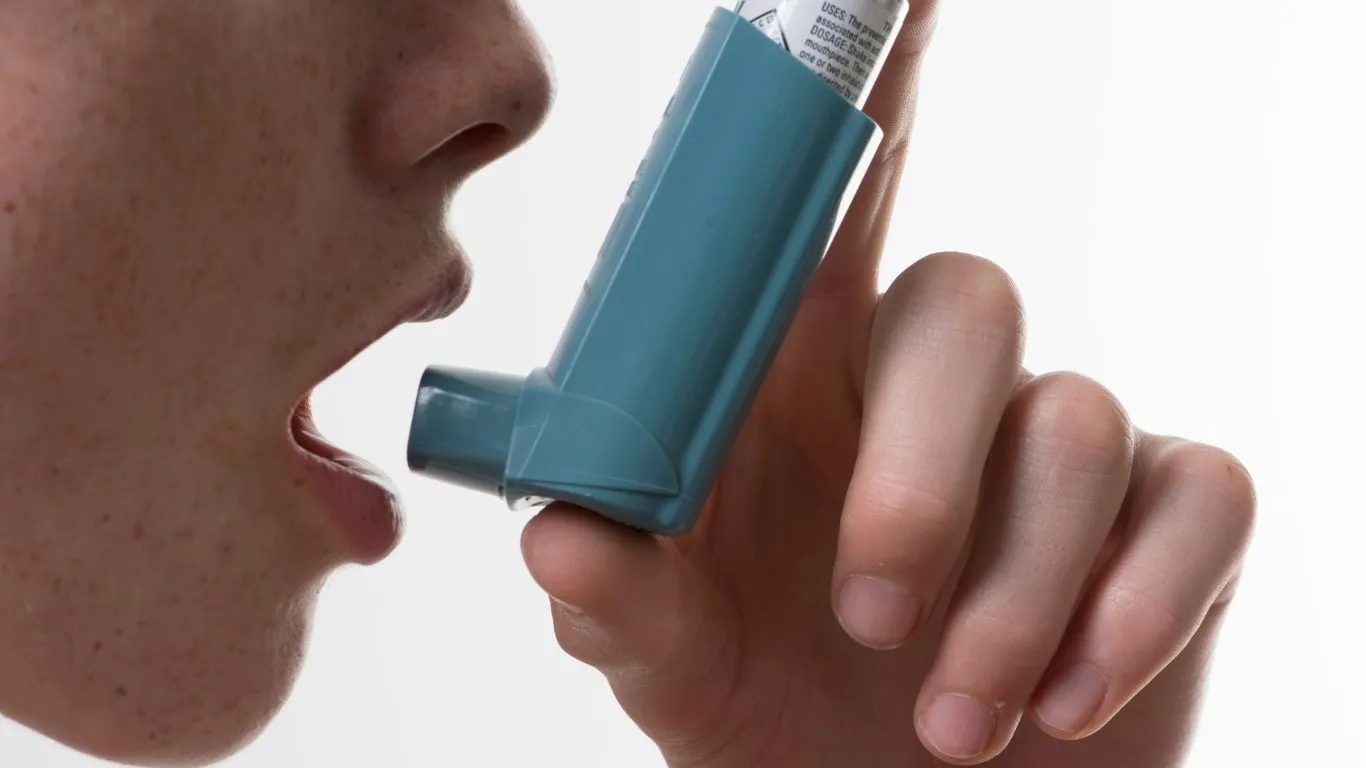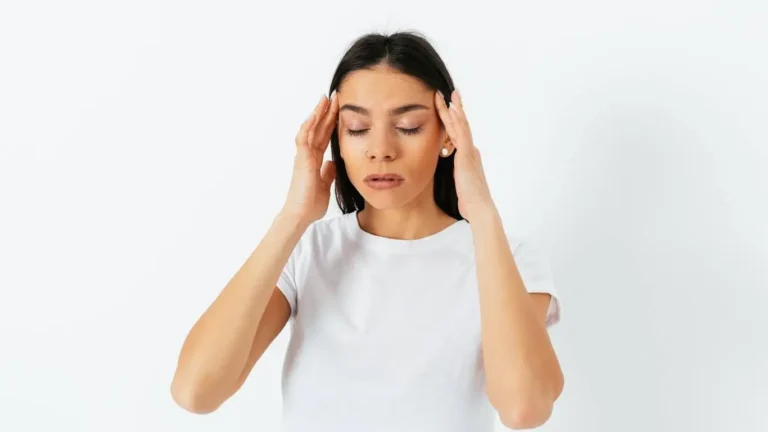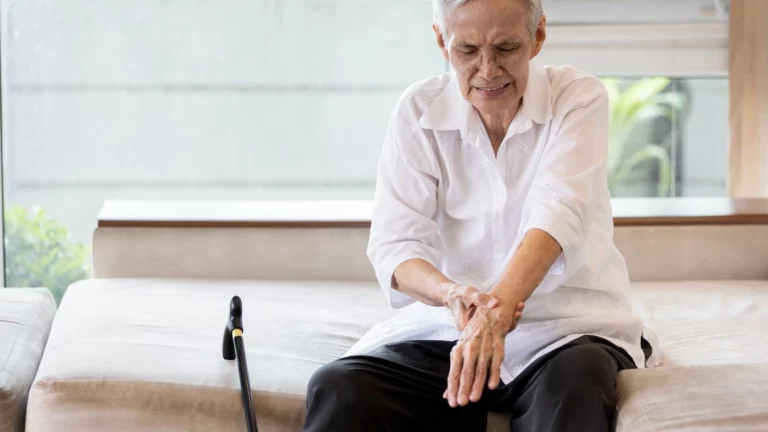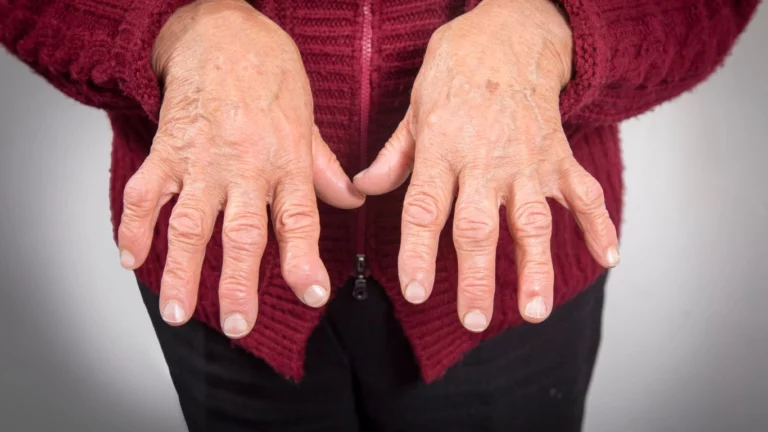🌬️ Asthma and Allergy Prevention Techniques: Easy Tips for Feeling Better Every Day 🫁
Introduction: Understanding Asthma and Allergies 🩺
Okay, let’s face it—dealing with asthma or allergies is no fun. Whether it’s that annoying sneezing fit from pollen or struggling to catch your breath because of an asthma attack, it can feel like you’re constantly fighting something. But hey, the good news is that there are tons of ways to keep those pesky symptoms at bay. So, let’s talk prevention!
I’ve been there, too. I’ve had my fair share of asthma flare-ups and the allergy sneezes that seem to never end. Over time, though, I’ve picked up a few tricks to feel better and even enjoy things like going for a walk outside without worrying about my lungs. And in this post, I’ll share all of that with you!
What You Need to Know About Asthma and Allergies 🔍

Before we jump into the techniques, let’s break down what these conditions actually are. Trust me, it’ll help you understand why the tips work.
Asthma: It’s All About Your Airways 🫁
Asthma is basically when the airways in your lungs get all inflamed and tight, making it tough to breathe. Think of it like your airways turning into a small straw when they’re supposed to be nice and wide. This can lead to coughing, wheezing, or feeling super short of breath. And let’s be real—it’s scary when that happens.
Allergies: When Your Body Freaks Out Over “Normal” Stuff 🤧
Allergies are basically your immune system getting a little too dramatic about stuff that’s usually harmless—like pollen, dust mites, or pet hair. It’s like your body treats these allergens like they’re some kind of dangerous invader. So, your nose runs, your eyes water, and you might end up sneezing a million times in a row.
Asthma and Allergy Prevention: My Top Tips (The Stuff That Actually Works) 👨⚕️

I’ve tried a bunch of stuff over the years, so I can tell you these techniques are legit. They help prevent asthma flare-ups and ease allergy symptoms without feeling like a huge hassle.
1. Create an Allergen-Free Zone (Your Home!) 🏡
First things first—your home should be a safe space where allergens don’t have a chance. Think of it like creating your own little fortress against asthma and allergy triggers.
- Clean like a pro: Regular cleaning is key. I mean, I know it’s not fun, but vacuuming with a HEPA filter vacuum makes a huge difference. Trust me, you’ll notice a change. I even started wiping down surfaces more often, and it helped so much with the dust.
- Air purifiers are a game-changer: I wasn’t convinced at first, but after using an air purifier in my bedroom, I finally started sleeping better. It really helps with pet dander and pollen.
- Humidity control: If you’ve got issues with mold or dust mites, getting a dehumidifier can be a total lifesaver. I use one in the basement, and it seriously helped with the humidity levels.
2. Stay on Top of Outdoor Allergens 🌳
So, when pollen is out there just waiting to get into your system, you gotta fight back, right? I’ve learned some tricks over the years that really help me handle outdoor allergens.
- Check pollen counts: Before you head out, take a peek at the pollen count. You’ll feel like a weather forecaster, but trust me, it’s worth it. I do this before any outdoor activity, especially during spring.
- Shower up after going outside: Pollen sticks to you like glitter on a kid’s face. So when you come back inside, jump in the shower and wash off all that outdoor junk.
- Close those windows: I know the breeze feels great, but during pollen season? Not so much. I keep my windows closed, especially in the morning when pollen counts are the highest.
3. Take Your Meds (Seriously) 💊
I’m guilty of skipping my inhaler sometimes, thinking I’m “fine” for the day. But trust me, it’s better to be prepared. If you’ve got asthma or allergies, following your medication plan is super important.
- Inhalers for asthma: I’ve learned to always have my inhaler with me, no matter where I go. You never know when a flare-up might happen, and it’s a lifesaver. Make sure to use it before exercise if you know that’ll be a trigger for you.
- Antihistamines for allergies: I used to get so frustrated by the constant runny nose, but antihistamines seriously help. I take them before I know I’m going to be around allergens, like when I go to a friend’s house with pets.
4. Track Your Symptoms (Yep, You’re Gonna Want to Do This) 📊
I can’t tell you how many times I thought I was fine, but later realized I wasn’t paying enough attention to my symptoms. Keeping track really helps you catch patterns.
- Start a symptom diary: Just jot down when symptoms hit, what might’ve triggered them, and how bad they were. It’s actually pretty eye-opening, and your doctor will love it.
- Create an asthma action plan: If you’ve got asthma, work with your doc to figure out a plan. Trust me, it makes you feel like you’ve got some control, and it can be a total lifesaver.
Troubleshooting Common Issues: Help When Things Don’t Go as Planned 🛠️

Okay, I know that even when you follow all the steps, things don’t always go smoothly. Here’s what to do if things aren’t going as expected.
Problem 1: Seasonal Allergies Don’t Let Up 🌾
Solution: If your allergies feel relentless, start your meds before allergy season hits. I do this, and it honestly helps me stay ahead of the sneezing.
Problem 2: Asthma Flare-Ups After Exercise 🏃♂️
Solution: If exercise triggers your asthma, try using your inhaler before working out. I also find that a slow, steady warm-up helps prevent sudden flare-ups.
Problem 3: Allergies Keep Coming Back Inside 🧹
Solution: If you’ve cleaned but still feel like allergies are sneaking in, try switching to hardwood or tile floors. Carpets are like a magnet for dust, and getting rid of them has made a huge difference in my home.
Real-Life Success Stories: People Who’ve Got It Down 🌟

Emily’s Asthma Victory
Emily was dealing with constant asthma attacks, but after adding an air purifier to her room and sticking to her inhaler routine, she noticed a huge difference. Now, she’s running outside with her kids without worrying about wheezing!
John’s Allergy-Free Home
John had a tough time with dust mites. But after using allergen-proof covers for his mattress and pillows and keeping the humidity in check, he felt like he finally had control. His sneezing stopped, and he finally got a good night’s sleep again.
Key Takeaways 📝
– Keep your environment clean and invest in air purifiers and dehumidifiers to reduce allergens.
– Pay attention to outdoor allergens—check pollen counts and shower after being outside.
– Stick to your meds, and don’t skip them!
– Track your symptoms to stay ahead of triggers.
FAQs 🤔
- What’s the best way to avoid asthma attacks? Keeping your inhaler nearby, avoiding triggers, and sticking to your action plan are the best ways to prevent asthma attacks.
- How do I get rid of indoor allergens? Regular cleaning, using air purifiers, and controlling humidity are all great ways to keep indoor allergens under control.
- Can exercise make asthma worse? Exercise can trigger asthma symptoms for some people. If you’re one of them, try using your inhaler before working out and choose low-impact exercises.
Disclaimer ⚠️
This article is for informational purposes only and should not replace advice from your healthcare provider. Always consult your doctor for personalized guidance.
Call to Action 🚀
Hey, if you found these tips helpful, share them with someone who might need them! And don’t forget to talk to your doctor about the best prevention plan for you. Let’s all breathe a little easier, together!

Camellia Wulansari is a dedicated Medical Assistant at a local clinic and a passionate health writer at Healthusias.com. With years of hands-on experience in patient care and a deep interest in preventive medicine, she bridges the gap between clinical knowledge and accessible health information. Camellia specializes in writing about digestive health, chronic conditions like GERD and hypertension, respiratory issues, and autoimmune diseases, aiming to empower readers with practical, easy-to-understand insights. When she’s not assisting patients or writing, you’ll find her enjoying quiet mornings with coffee and a medical journal in hand—or jamming to her favorite metal band, Lamb of God.







